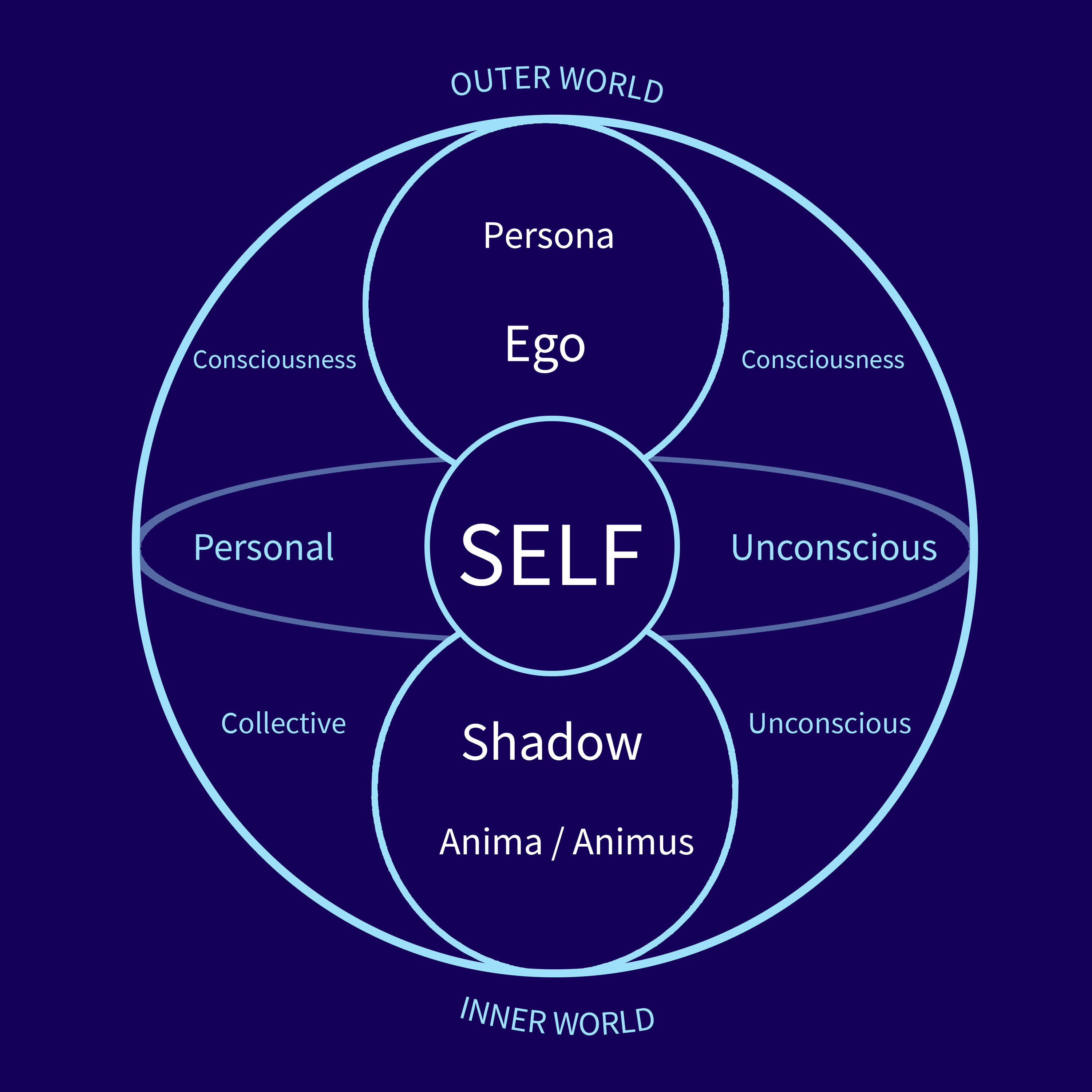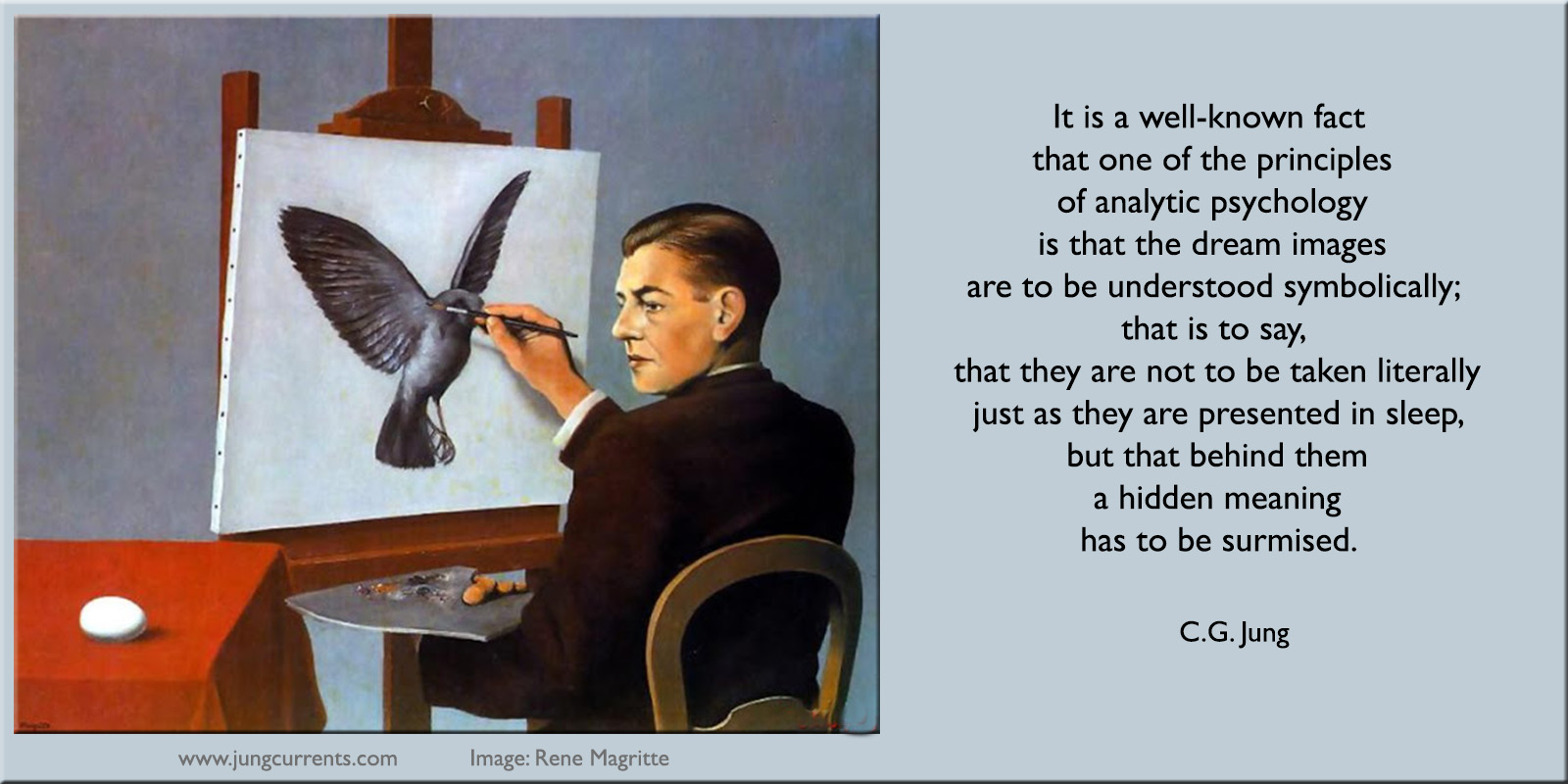Decode Your Dreams – Unraveling the Hidden Messages from Carl Jung’s Dream Interpretation Psychology

Welcome, dreamer! Have you ever had a vivid, mysterious dream that stayed with you long after you woke up? Dreams have fascinated humans since ancient times – they transport us to strange otherworlds, allow us to confront fears, or uncover hidden connections within ourselves. While dreams have intrigued philosophers, scientists, and artists alike, it is the work of Carl Jung that delves into dream symbolism and interpretation. In this article, we will explore Jung’s world, unravel the hidden meanings of dreams, and understand how they can enlighten our waking lives.
Exploring Jung’s insights on dream interpretation provides a powerful tool to decode the language of your dreams, tap into your unconscious realm, and unlock hidden messages. It also facilitates personal growth, self-discovery, and a deeper understanding of your psyche.
If you’re ready to explore the labyrinth of your mind and venture into the realm of dreams, grab a cup of tea, find a cozy corner, and prepare for this enlightening journey. Let’s embark together on an adventure into greater self-awareness and insight.
Read on to discover the transformative power of Jungian dream interpretation and be amazed at the wonders within your own dreamscape!
The Significance of Dreams

Dreams hold deep importance in human psychology and spirituality. They are symbolic expressions of our unconscious mind and provide insight into our desires, fears, and truths. These enigmatic journeys grant access to wisdom and self-discovery, helping us better understand our subconscious and tap into our potential for growth.
One of the major significances of dreams is their ability to reveal repressed emotions and experiences that we may be unaware of in our waking lives. They serve as a gateway to our deepest memories and traumas, enabling us to integrate and heal from inner wounds that may affect our psychological well-being. Through dream analysis, we can discover and examine these hidden aspects, providing an opportunity to address them and make conscious decisions towards healing and self-improvement.
Dreams have transformative power. They act as mechanisms for problem-solving and creativity, offering unique insights into complex situations by allowing us to explore different perspectives and alternatives. They guide us towards innovative solutions and offer guidance on how to navigate challenges in our daily lives. They tap into our intuitive faculties, enabling us to make connections and discoveries that go beyond ordinary thoughts.
Furthermore, dreams play a vital role in spirituality and meaning-making. They connect us to the universal collective unconscious, linking us to archetypal symbols and themes that transcend individual experiences. Dreams are often seen as messages from the divine or higher intelligence, guiding us to understand life’s deeper purpose and embrace our inner spirituality. By interpreting our dreams, we access a realm beyond our own consciousness, opening doors to guidance and revelations that shape our spiritual journey.
Dreams have immense significance in human existence. They offer us access to profound insights into our subconscious and provide channels for healing, problem-solving, and spiritual growth. They are powerful tools for self-discovery and self-awareness, awakening us to hidden potentials and aspects of our being. Embracing and analyzing our dreams fosters personal transformation and allows us to live fulfilling and meaningful lives.
Dreams and their Interpretations

Dreams are complex and vivid, often leaving us feeling confused or intrigued. Throughout history, societies and individuals have sought to interpret dreams, believing they hold messages. One prominent figure in dream interpretation is Carl Jung, the Swiss psychiatrist and psychoanalyst.
According to Jung, dreams are symbolic representations of our unconscious thoughts and desires. He argued that dreams emerge from the collective unconscious, a universal pool of shared cultural memories and archetypes. Jung believed that dreams provide insight into our true selves and can help us uncover repressed emotions or unresolved conflicts.
To interpret a dream using Jungian analysis, document the images and symbols that appear. Explore spoken or written associations to each image. Apply a thematic analysis to identify recurring motifs, such as water representing emotions, snakes symbolizing hidden fears, and horses suggesting power or freedom.
Interpreting dreams is a personal process that varies from person to person. Studying dreams and their interpretations helps us better understand ourselves and our psyches.
Dream Symbol Jungian Interpretation
Water Emotions, addressing unresolved feelings or desires
Snakes Symbols of transformation, representing hidden fears
Horses:
Symbolizing power, freedom, or our instinctual nature.
Fire:
Passion, creativity, or emotional intensity.
Numbers:
Significant events or symbols of importance.
How to Remember Your Dreams

Dream Recall: Techniques to Strengthen Your Connection with Dreams
While dreams can feel elusive and quickly forgotten upon waking, there are techniques that can improve dream recall. By following these steps, you can increase your ability to remember and engage with your dreams:
1. Establish an intention: Before bed, decide to remember your dreams. Repeat this intention as you fall asleep, embedding it in your subconscious mind.
2. Create a dream journal: Keep a notebook or voice recorder beside your bed. Immediately upon waking, capture any fragments of your dreams. Even small details are important for interpretation later.
Alarm clocks disrupt dream recall process—wake up naturally. Stay still and keep your eyes closed upon waking to hold onto dream imagery before it fades. Reflect on dreams:
– Feelings, symbols, themes
– Uncover potential meaning.
Dream Recall: Tips for Improving Your Dream Remembering Skills
1. Practice dream rehearsal: Before falling asleep, visualize recalling details and emotions from the dream. This reinforces your commitment to recalling dreams.
2. Create a dream-friendly environment: Ensure your sleep environment is quiet, cool, and free from distractions. Comfortable bedding and a calming bedtime routine promote deep sleep and the dreaming process.
With practice, you can improve dream recall and gain valuable insights into your subconscious mind for personal growth and self-discovery.
Enhance Your Dream Recall with These Techniques

Do you dream of unlocking hidden messages and insights in your dreams? Enhance your dream recall to gain self-awareness, explore your subconscious, and tap into inner wisdom. Here are some techniques to improve your dream memory:
– Keep a dream journal by your bed. Record your dreams immediately upon waking to give them meaning and opportunity for reflection.
“Wake up gently: When your alarm sounds, resist the temptation to leap out of bed immediately. Lie still for a moment with your eyes closed, and try to recall any fragments or feelings from your dream. This transition period between sleep and wakefulness is an opportune time for remembering your dreams.
Meditate: Make meditation a part of your daily routine to quiet the busyness of your mind and cultivate your ability to look inward. Meditating before sleep can create a more calm mental state, thereby enhancing your ability to recall your dreams.”
By actively using these techniques, you can strengthen your dream recall abilities. Dream recall is a skill that can be developed over time. Your dreams are a gateway to self-discovery, personal growth, and a deeper understanding of your inner workings.
Now that you have these techniques, reflect on how you can incorporate them into your life. Keep a dream journal next to your bed, or set a specific intention before sleep each night. The possibilities are endless, and it is up to you to seize them.
Go forth and unlock the sacred bridge between the realms of dreams and reality. Embrace the wisdom that your dreams hold and journey deeper into your unconscious mind. Your potential for self-exploration and personal transformation awaits.
Would you like to learn more about dream interpretation or share your experiences? Join our dream enthusiastic community on our website or social media channels.


